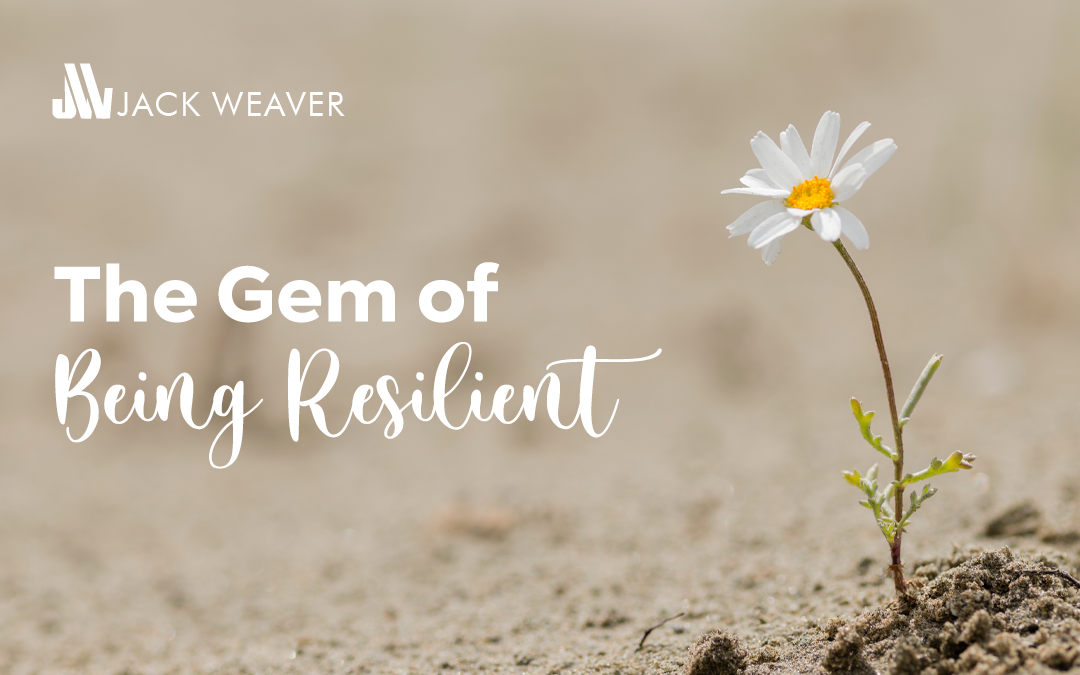We encounter challenges, difficulties, and issues at specific points in our lives. In the book Going… Going…: The Abduction of a Mind, readers are taught how to push through these difficulties. As the others say, “Trust yourself and be more resilient.” But what does this mean? And how can you achieve this in a practical sense?
Resilience results from forging your way out of a situation different from what you are accustomed to. The most prevailing truth about being resilient is that it lies outside your comfort zone. It’s a consequence of a conscious decision. It’s on you to decide whether you will choose to be resilient or stay at your safest place, doing what you always do. Given this, one way to test your resiliency is by being in a situation you’re not expected to be in. As stated in the book Going… Going…: The Abduction of a Mind, if you have the resiliency in your “self,” you can manage the significant downfalls that will come your way.
What does resiliency feel like?
Having resiliency has the same weight as being courageous. Being resilient and brave gives people a different perspective on life. There are a lot of advantages to resiliency and bravery, such as flexibility and not easily giving up on challenging situations. Hence, being courageous and resilient makes the spirit less vulnerable to failure. These qualities lead one to believe that every challenge and downfall is an avenue for growth and learning.
What does resiliency mean?
Resiliency is the ability to adapt to difficulties and bounce back when something difficult happens in one’s life. It is the capacity to live through and recover from complex life events that are typically unexpected. Resiliency isn’t a trampoline where you’re down one moment and up the next. Instead, being resilient is like climbing a mountain without a trail map. It takes effort, time, and strength, both mentally and physically, to overcome adversities. Being resilient means trying to reach the top of the mountain of adversaries and believing you can overcome anything.
Why is resilience important?
Resilience is essential in every aspect of your life. It helps you develop mechanisms to protect you when everything around seems unbearable. It also balances your life during hardships and heydays, protecting you from harmful elements that can harm you mentally and physically. When talking about the importance of resilience, different types of resilience should also be noted:
Inherent Resilience – This type of resilience comes to you from the moment you’re born. Inherent resilience means your natural way of protecting yourself from the forces that may overwhelm you. One is born with this capacity to protect themselves, and it is critical to keep this resiliency until it’s needed.
Adapted Resilience – This is acquired through experience. It may be through past relationships, struggles, or other consequential things that taught you something and made you stronger.
Learned Resilience – This resilience is established over time, thus helping you grow and mature. Learned resilience also means that you absorb every knowledge and use it effectively in future endeavors. It is also gradual learning and is where you can attest to how you settle the things you have no control over.
How can we develop resilience?
You develop resilience through experience. You’re expanding your resiliency whenever you’re under pressure or in circumstances that test your patience and capabilities. Something in you is molded when faced with adversities, especially when they are unbearable. People naturally find ways and support themselves no matter what happens.
Conclusion
There will always be times when you’re bombarded by problems and struggles that give pressure and pain. At some point, you’ll find ways for yourself to relax and restart. That’s not being weak. Instead, it’s a form of resilience. Being resilient means giving importance to yourself. It’s the ability to provide great importance to your “self” and loving yourself by choosing to be in a situation where you can step back and reflect on your purpose in making all of these efforts that you are doing. The consolation you can get from being resilient is a life you can learn from and reflect on when you get older. A life that you can be proud that you’ve had.


Recent Comments